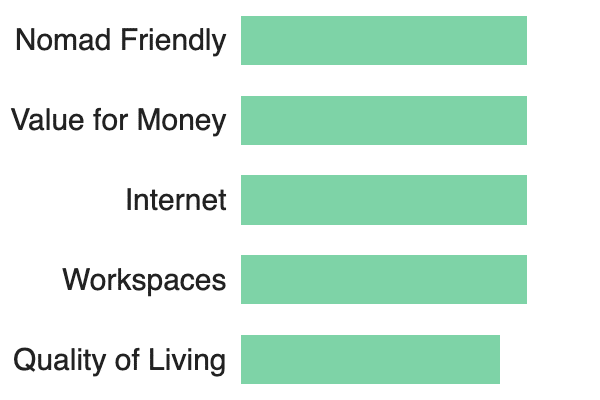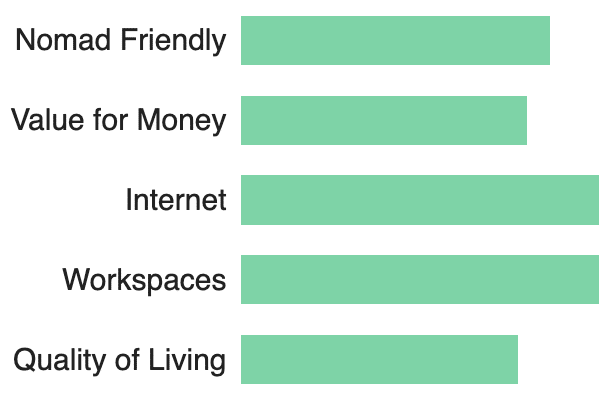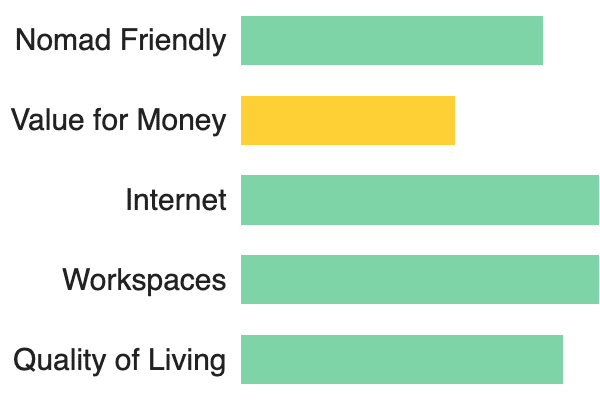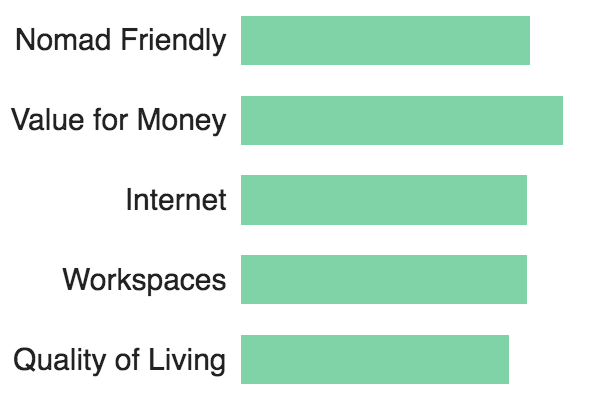
The Rise of Coffee Badging
The global shift to remote work during the COVID-19 pandemic forever altered the traditional office landscape. While many employees embraced the flexibility of working from home, companies are increasingly pushing for a return to the office. This tug-of-war has given birth to a fascinating workplace trend: coffee badging.
What Is Coffee Badging?
Coined by Owl Labs in their 2023 “State of Hybrid Work” report, coffee badging refers to employees making a brief appearance at the office to fulfill their attendance requirements. Typically, a worker will swipe their badge, grab a coffee, briefly socialize with colleagues, and then quietly leave to complete their tasks from home. This practice allows employees to meet in-office mandates without sacrificing the productivity and comfort of remote work.
The Origins of Coffee Badging
Coffee badging emerged as a subtle form of resistance to stringent return-to-office (RTO) policies that many companies began enforcing post-pandemic. During the remote work boom, employees discovered they could perform their jobs efficiently without the hassle of long commutes or office distractions. The forced shift back to the office—often without clear incentives—has left many workers questioning the value of these mandates.
As companies like Amazon, Zoom, and PwC implement stricter in-office policies, employees are looking for ways to balance compliance with their own personal productivity. For many, coffee badging offers a compromise: they fulfill their obligations while maintaining the autonomy they’ve grown accustomed to.
Why Employees Engage in Coffee Badging
- Productivity: According to Owl Labs, 60% of workers believe they are more productive at home. Office environments can introduce distractions and limit deep work opportunities.
- Cost Savings: Workers spend an average of $51 per day when commuting to the office, encompassing transportation, meals, and other expenses. Over a month, these costs can really add up.
- Time Efficiency: Commuting is a major time waster. Owl Labs found that 61% of workers spend 30 to 90 minutes commuting daily, with some spending even longer. This time could be better spent on work or personal activities.
- Work-Life Balance: Remote work has given employees more time to focus on family, hobbies, and personal well-being. Mandating office attendance disrupts this work life balance.
The Prevalence of Coffee Badging
In 2023, 58% of hybrid workers admitted to coffee badging, although this figure dropped to 44% in 2024. Interestingly, while 70% of coffee badgers reported being caught by their employers, 59% of those bosses reportedly didn’t mind. The trend is more common in the U.S. than in Europe, with France reporting the lowest levels of coffee badging at just 22%.
A Subtle Form of Protest
Experts view coffee badging as a silent protest against rigid workplace policies. By making token appearances, employees send a message about the value of flexibility. This trend also reflects broader economic conditions; as job markets tighten, employees find themselves with fewer bargaining chips, making strategies like coffee badging a way to push back discreetly.
The Future of Hybrid Work
Companies must strike a balance between encouraging in-office collaboration and respecting employees’ preferences. Leaders who focus on creating attractive and productive office environments may see less resistance to RTO policies. On the other hand, enforcing attendance through micromanagement risks alienating employees and increasing turnover.
Coffee badging highlights a growing disconnect between corporate policies and employee needs. As the workplace continues to evolve, one thing is clear: those who had the taste of remote life don’t want to give it up completely. Hopefully, employers can find a better balance for its employees than simply demanding a complete return to the office.











Responses